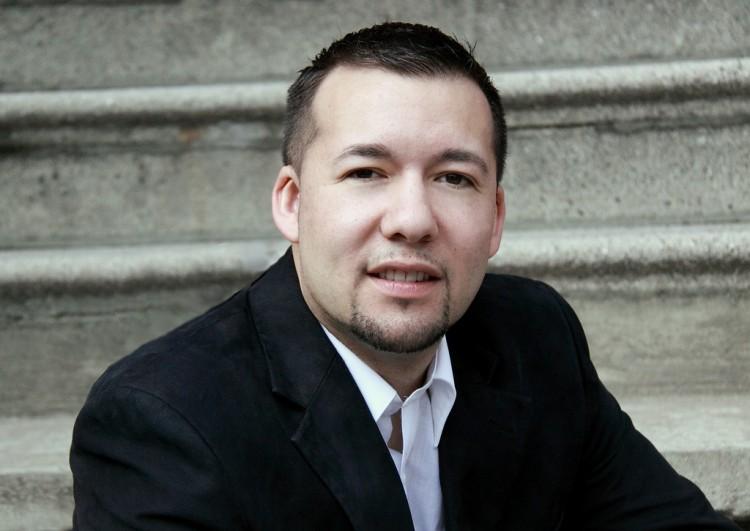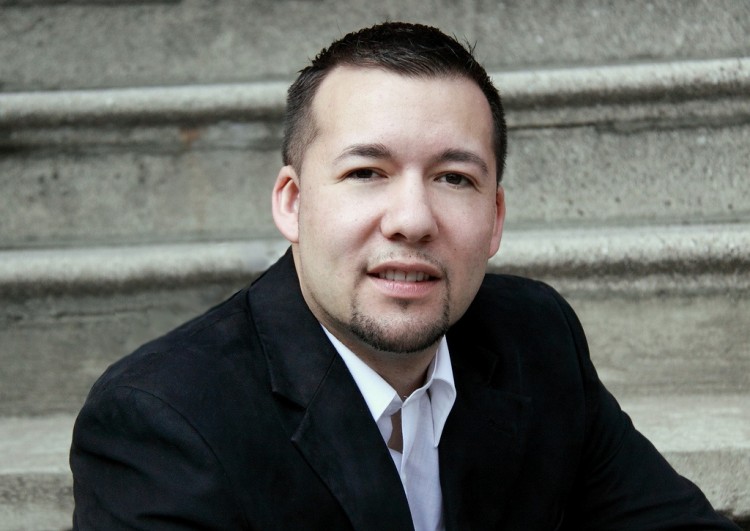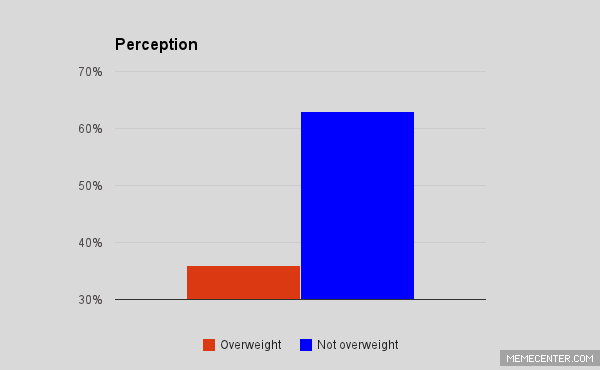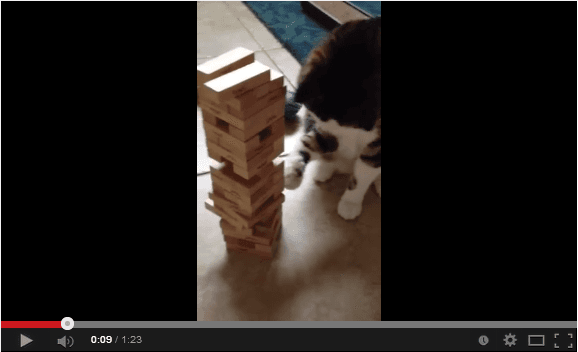New York—The Rev. Ruben Austria is a longtime advocate for community alternatives to incarceration. As the executive director of Community Connections for Youth, he works to organize communities and faith-based organizations to find ways to keep teenagers out of jails.
As the city begins to consider community programs as an alternative to incarceration, Austria feels very much a part of this change.
His involvement in the issue began in 1998, after he returned to the city from Cornell University, were his got his graduate degree. At first he operated an after-school program with the Urban Youth Alliance in the Bronx, but felt that the kids who were in most need of services were not in schools, but in the court system.
According to Austria, the programs he has developed have evolved into a million dollar program diverting more than 200 youth annually from incarceration, with an 84 percent success rate in keeping young people from committing further offenses.
The Epoch Times: Why are community programs better than incarceration?
Rev. Ruben Austria:Research shows that young people who are in the juvenile justice system typically have common characteristics. They are disconnected from positive activity, and they have a lack of connection to caring, positive, adult role models. The most important thing the community can do for young people is to connect them to positive activity and to connect them to positive adult role models in their own neighborhoods.
Epoch Times: Do you feel your work helped to change the city’s policy?
Rev. Austria: I have been pushing the reform for many years. When I started, the city was much more antagonistic to the idea of community-based alternatives. I have seen a huge change over the last several years; the city closed detention centers, [and] they put more funding to community alternatives. What I need to keep pushing for is greater involvement and partnership with the young people’s community.
Epoch Times: Do you enjoy your job?
Austria: I love it. The best part of it is working with young people. They are just fun and funny and creative and have so much energy. I like working with the community and seeing community members who started thinking, ‘I don’t know what to do with these kids, they are out of control,’ change to saying: ‘With the right type of engagement we can really have an impact on their lives.’ I love being able to think creatively and develop new programs.
I love it when I see young people move from a position of being vilified in the eyes of the communities, or victims, and coming to a position of leadership.





